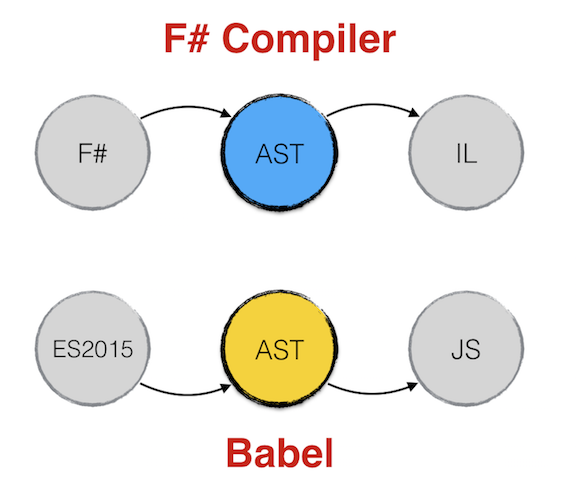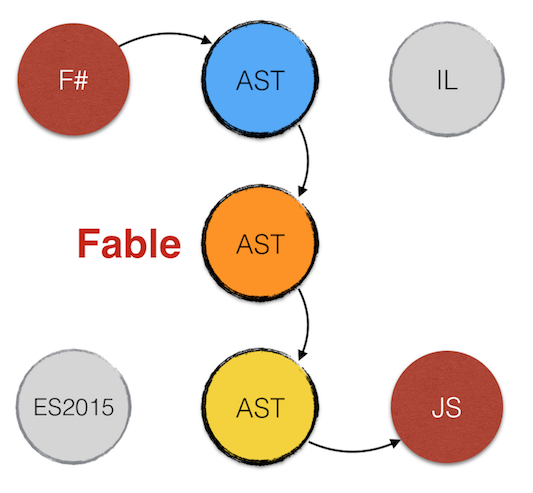module String
from Microsoft.FSharp.Core
from Microsoft.FSharp.Core
Multiple items
type Format<'Printer,'State,'Residue,'Result> = PrintfFormat<'Printer,'State,'Residue,'Result>
Full name: Microsoft.FSharp.Core.Format<_,_,_,_>
--------------------
type Format<'Printer,'State,'Residue,'Result,'Tuple> = PrintfFormat<'Printer,'State,'Residue,'Result,'Tuple>
Full name: Microsoft.FSharp.Core.Format<_,_,_,_,_>
type Format<'Printer,'State,'Residue,'Result> = PrintfFormat<'Printer,'State,'Residue,'Result>
Full name: Microsoft.FSharp.Core.Format<_,_,_,_>
--------------------
type Format<'Printer,'State,'Residue,'Result,'Tuple> = PrintfFormat<'Printer,'State,'Residue,'Result,'Tuple>
Full name: Microsoft.FSharp.Core.Format<_,_,_,_,_>
val sprintf : format:Printf.StringFormat<'T> -> 'T
Full name: Microsoft.FSharp.Core.ExtraTopLevelOperators.sprintf
Full name: Microsoft.FSharp.Core.ExtraTopLevelOperators.sprintf
val ( Util.reverse works ) : unit -> 'a
Full name: index.( Util.reverse works )
Full name: index.( Util.reverse works )
val res : obj
namespace Microsoft.FSharp.Core
val printfn : format:Printf.TextWriterFormat<'T> -> 'T
Full name: Microsoft.FSharp.Core.ExtraTopLevelOperators.printfn
Full name: Microsoft.FSharp.Core.ExtraTopLevelOperators.printfn
val x : obj
Full name: index.x
Full name: index.x
val y : obj
Full name: index.y
Full name: index.y
val data : obj
Full name: index.data
Full name: index.data
union case Option.None: Option<'T>
val add : x:int -> y:string -> float
Full name: index.add
Full name: index.add
val x : int
Multiple items
val int : value:'T -> int (requires member op_Explicit)
Full name: Microsoft.FSharp.Core.Operators.int
--------------------
type int = int32
Full name: Microsoft.FSharp.Core.int
--------------------
type int<'Measure> = int
Full name: Microsoft.FSharp.Core.int<_>
val int : value:'T -> int (requires member op_Explicit)
Full name: Microsoft.FSharp.Core.Operators.int
--------------------
type int = int32
Full name: Microsoft.FSharp.Core.int
--------------------
type int<'Measure> = int
Full name: Microsoft.FSharp.Core.int<_>
val y : string
Multiple items
val string : value:'T -> string
Full name: Microsoft.FSharp.Core.Operators.string
--------------------
type string = System.String
Full name: Microsoft.FSharp.Core.string
val string : value:'T -> string
Full name: Microsoft.FSharp.Core.Operators.string
--------------------
type string = System.String
Full name: Microsoft.FSharp.Core.string
Multiple items
val float : value:'T -> float (requires member op_Explicit)
Full name: Microsoft.FSharp.Core.Operators.float
--------------------
type float = System.Double
Full name: Microsoft.FSharp.Core.float
--------------------
type float<'Measure> = float
Full name: Microsoft.FSharp.Core.float<_>
val float : value:'T -> float (requires member op_Explicit)
Full name: Microsoft.FSharp.Core.Operators.float
--------------------
type float = System.Double
Full name: Microsoft.FSharp.Core.float
--------------------
type float<'Measure> = float
Full name: Microsoft.FSharp.Core.float<_>
val failwith : message:string -> 'T
Full name: Microsoft.FSharp.Core.Operators.failwith
Full name: Microsoft.FSharp.Core.Operators.failwith
Multiple items
type Test =
new : unit -> Test
member Invoke : args:int [] -> obj
member Item : float
member Item : float with set
Full name: index.Test
--------------------
new : unit -> Test
type Test =
new : unit -> Test
member Invoke : args:int [] -> obj
member Item : float
member Item : float with set
Full name: index.Test
--------------------
new : unit -> Test
member Test.Invoke : args:int [] -> obj
Full name: index.Test.Invoke
Full name: index.Test.Invoke
val args : int []
type obj = System.Object
Full name: Microsoft.FSharp.Core.obj
Full name: Microsoft.FSharp.Core.obj
val __ : Test
member Test.Item : float with set
Full name: index.Test.Item
Full name: index.Test.Item
val set : elements:seq<'T> -> Set<'T> (requires comparison)
Full name: Microsoft.FSharp.Core.ExtraTopLevelOperators.set
Full name: Microsoft.FSharp.Core.ExtraTopLevelOperators.set
val v : float
type unit = Unit
Full name: Microsoft.FSharp.Core.unit
Full name: Microsoft.FSharp.Core.unit
module string_decoder
from index
from index
type NodeStringDecoder =
interface
abstract member detectIncompleteChar : buffer:'a0 -> float
abstract member write : buffer:'a0 -> 'a1
end
Full name: index.string_decoder.NodeStringDecoder
interface
abstract member detectIncompleteChar : buffer:'a0 -> float
abstract member write : buffer:'a0 -> 'a1
end
Full name: index.string_decoder.NodeStringDecoder
abstract member NodeStringDecoder.write : buffer:'a0 -> 'a1
Full name: index.string_decoder.NodeStringDecoder.write
Full name: index.string_decoder.NodeStringDecoder.write
abstract member NodeStringDecoder.detectIncompleteChar : buffer:'a0 -> float
Full name: index.string_decoder.NodeStringDecoder.detectIncompleteChar
Full name: index.string_decoder.NodeStringDecoder.detectIncompleteChar
val StringDecoder : NodeStringDecoder
Full name: index.string_decoder.StringDecoder
Full name: index.string_decoder.StringDecoder






